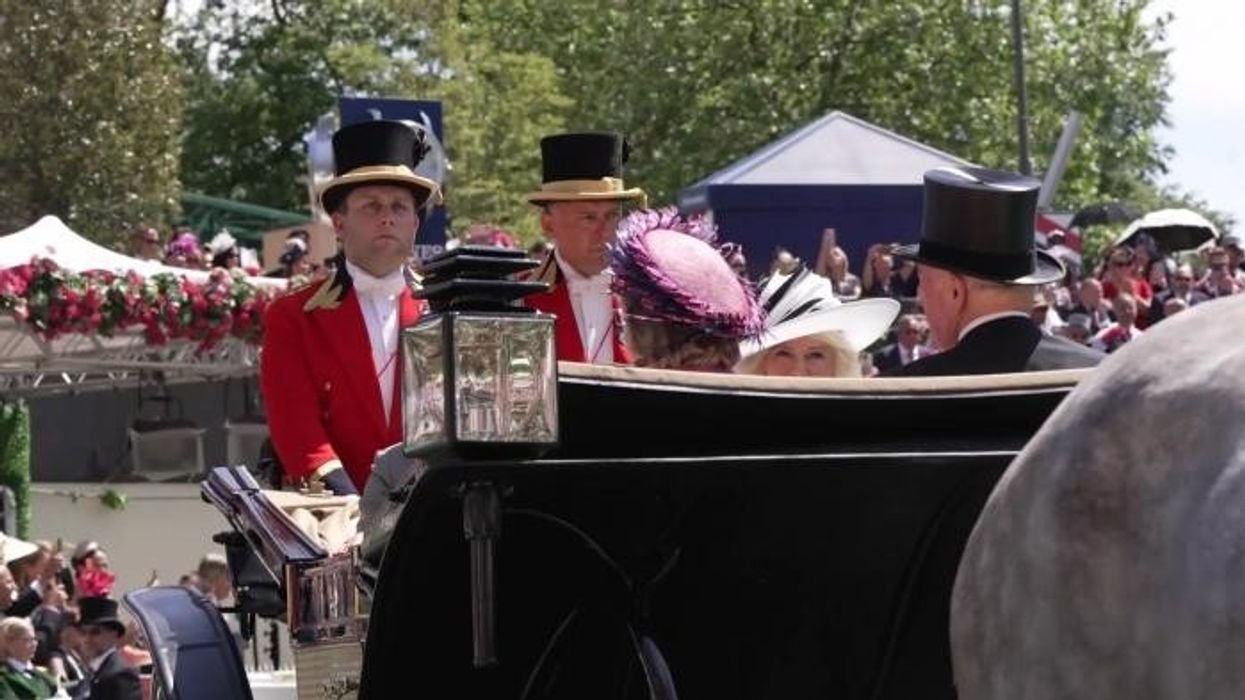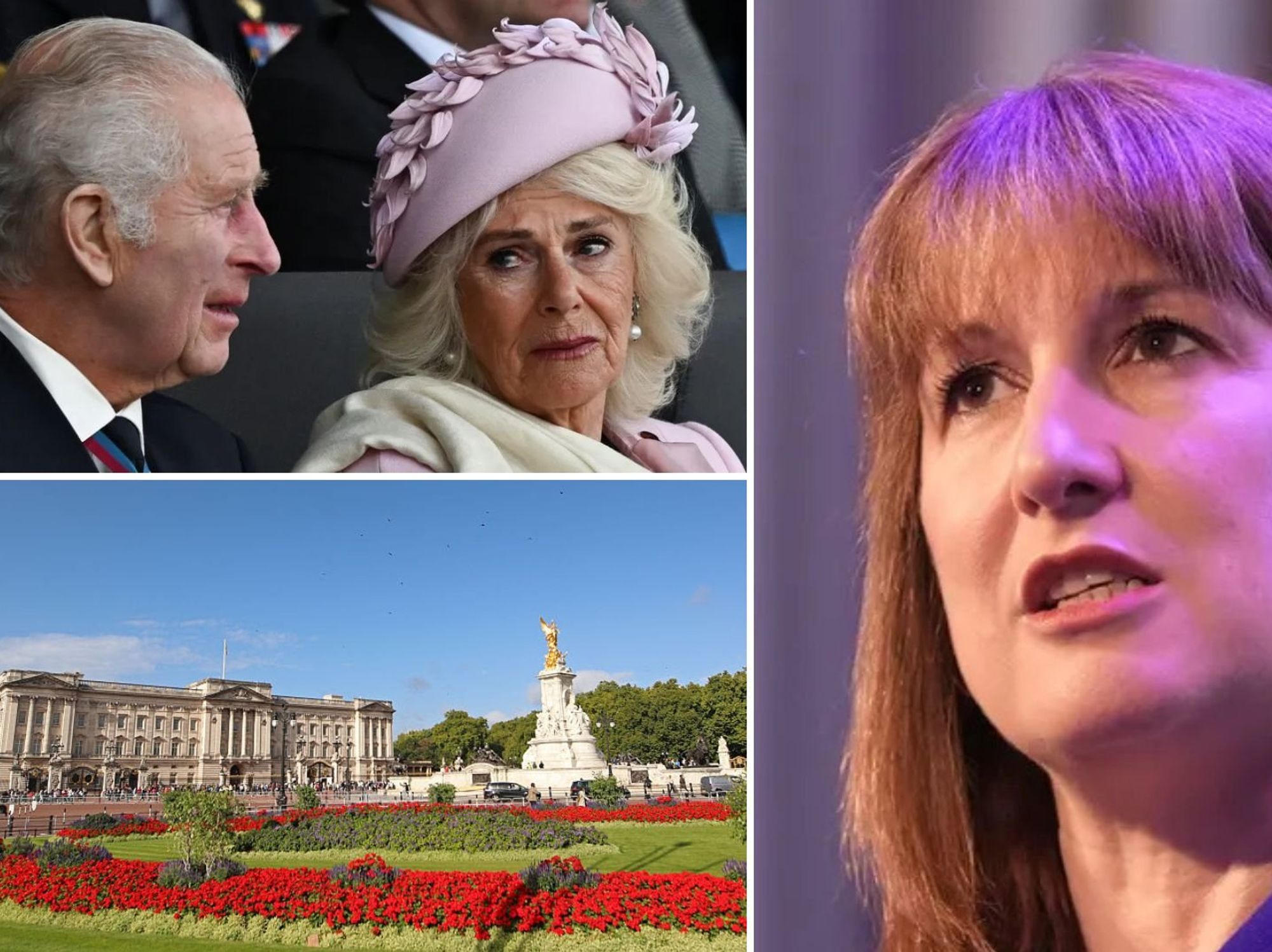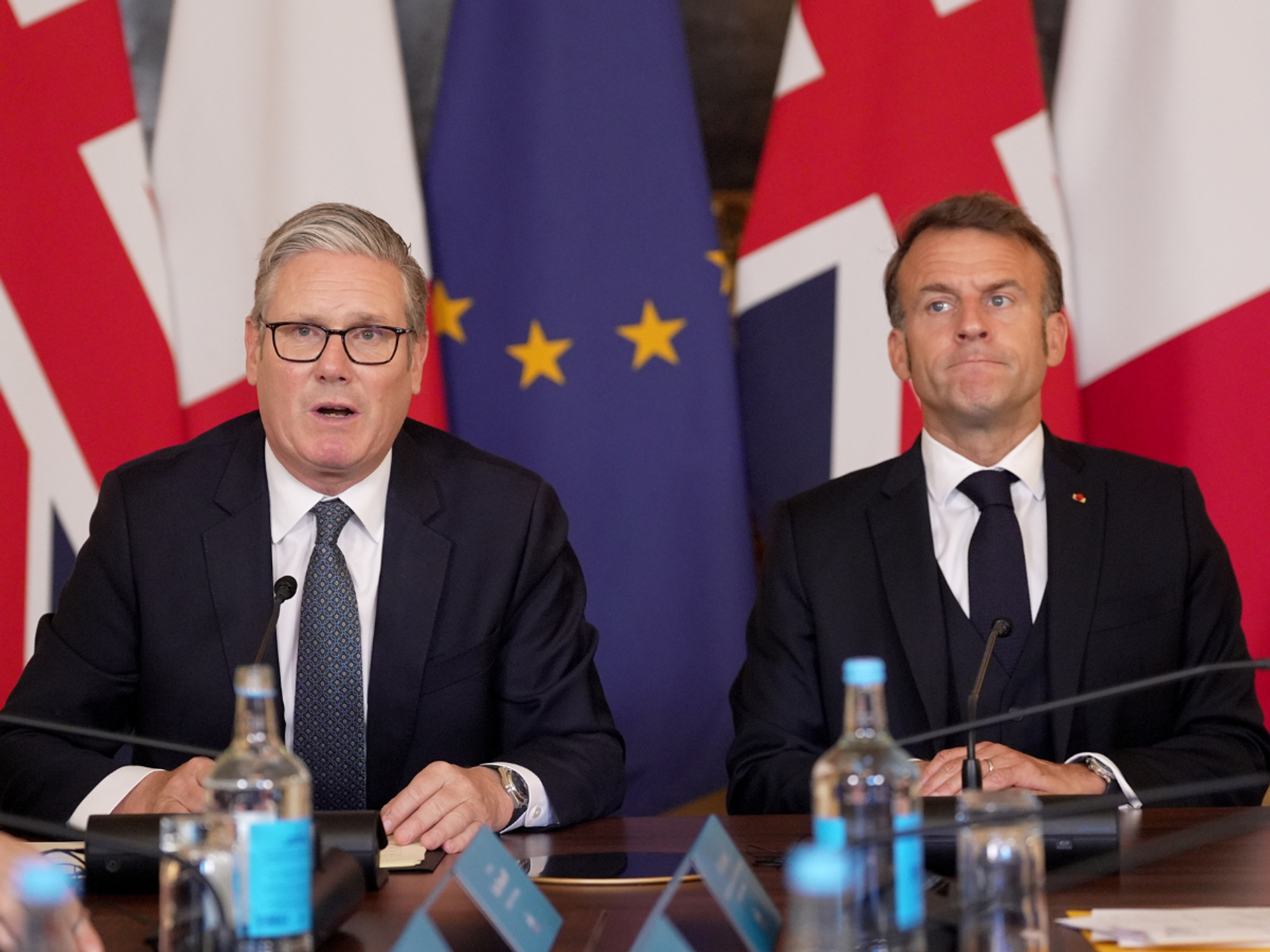Horse racing chiefs fear 'destruction' if Rachel Reeves ploughs ahead with tax raid: 'ENTIRE ecosystem at risk!'

The proposed changes would see horse racing bets taxed at the same rate as online slots and gaming
Don't Miss
Most Read
Trending on GB News
British horse racing faces an "existential threat" from Treasury plans to impose a flat-rate tax on betting, industry leaders have warned.
The proposed changes would see horse racing bets taxed at the same rate as online slots and gaming, despite fundamental differences between the two forms of gambling.
The All Party Parliamentary Group for Racing and Bloodstock has warned the tax would bring job losses and economic pain to racing heartlands including Doncaster and Newmarket.
The racing sector contributes £4.1 billion to the economy and supports more than 85,000 jobs across Britain. Yet this vital industry depends heavily on bookmaker funding for its survival.
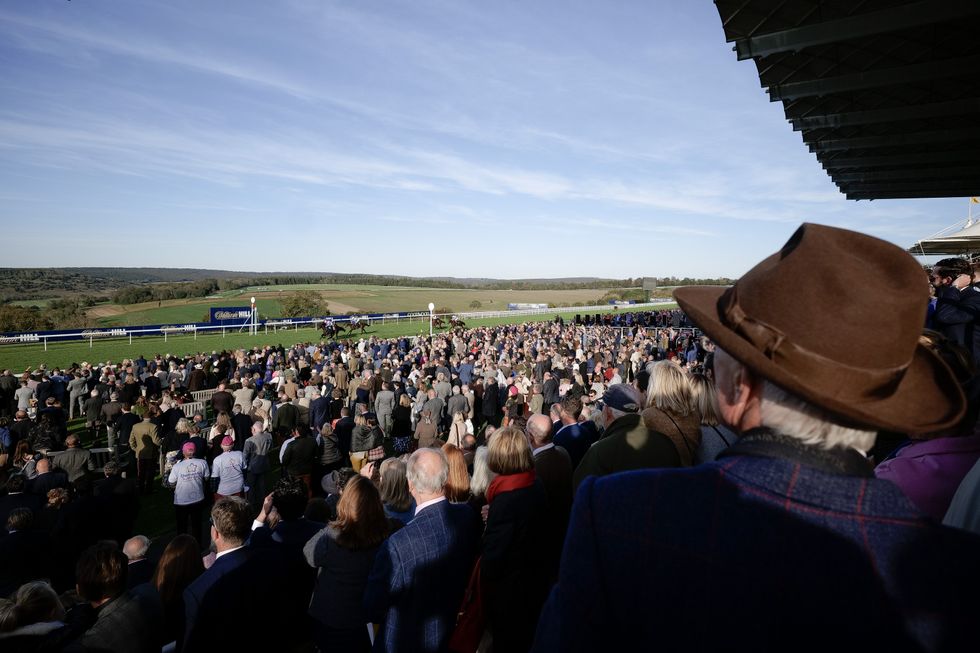
Horse racing contributes £4.1 billion to the economy and supports more than 85,000 jobs across Britain
| GETTYSpeaking to GB News, Greg Swift, Director of Communications and Corporate Affairs at the British Horse Racing Authority, told GB News: "The MP for Newmarket raised serious questions about this in the House recently. There are jobs at stake here.
"At Ascot just yesterday, the crowd numbers were up year-on-year. You have people from all over the world at Royal Ascot, and many more wishing they could be here.
"Tens of millions of pounds will flow into the UK this week, through deals and conversations that happen at Ascot.
"Then there’s the Grand National, alone one of the biggest sporting events in the world. It brings families together. Everyone remembers picking a horse as a child.
"Racing is embedded in our national identity. It’s been here since the 1700s, before most modern sports existed.
"Events like Royal Ascot, the Derby, and Glorious Goodwood aren’t just races, they’re crown jewels in our sporting and cultural calendar.
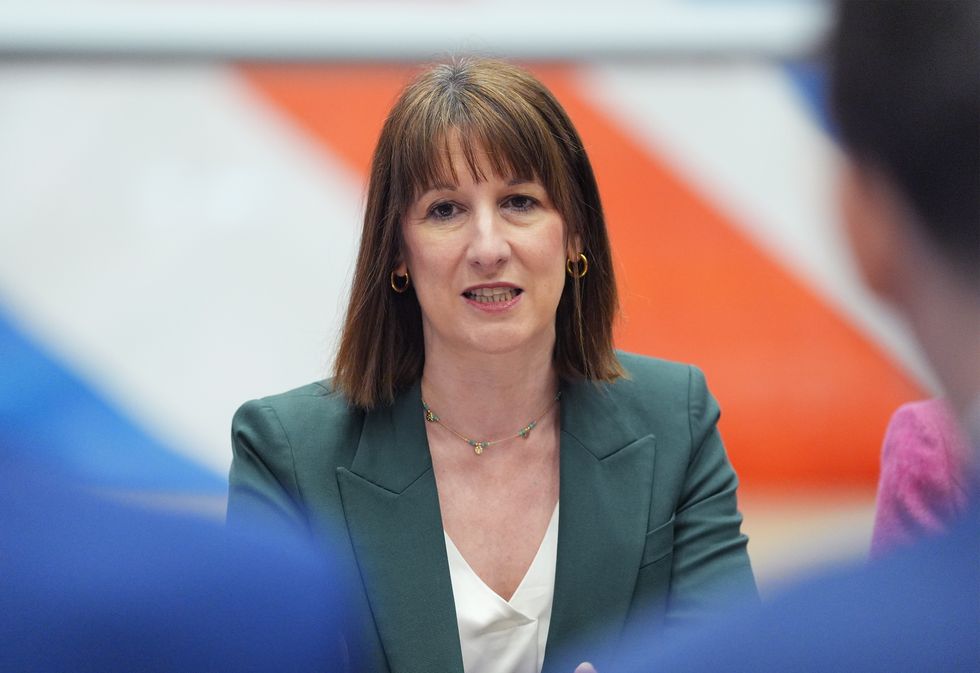
The proposed changes would see horse racing bets taxed at the same rate as online slots and gaming
| Getty Images"If the Government continues on this path equalising and increasing betting tax on horse racing there’s real political jeopardy.
"The report launched Monday showed how highly the sport rates with voters, particularly Labour and Reform UK voters. If the Government gets this wrong, they risk losing votes."
He added: "You’re not just hitting racecourses you’re hitting hotels, pubs, restaurants and rural jobs. The entire ecosystem is at risk."
"We’re not asking for handouts. We’re asking the Treasury not to destroy a national institution. If this goes ahead, fewer horses will race, less money will enter the sport, and betting will shift to the black market."
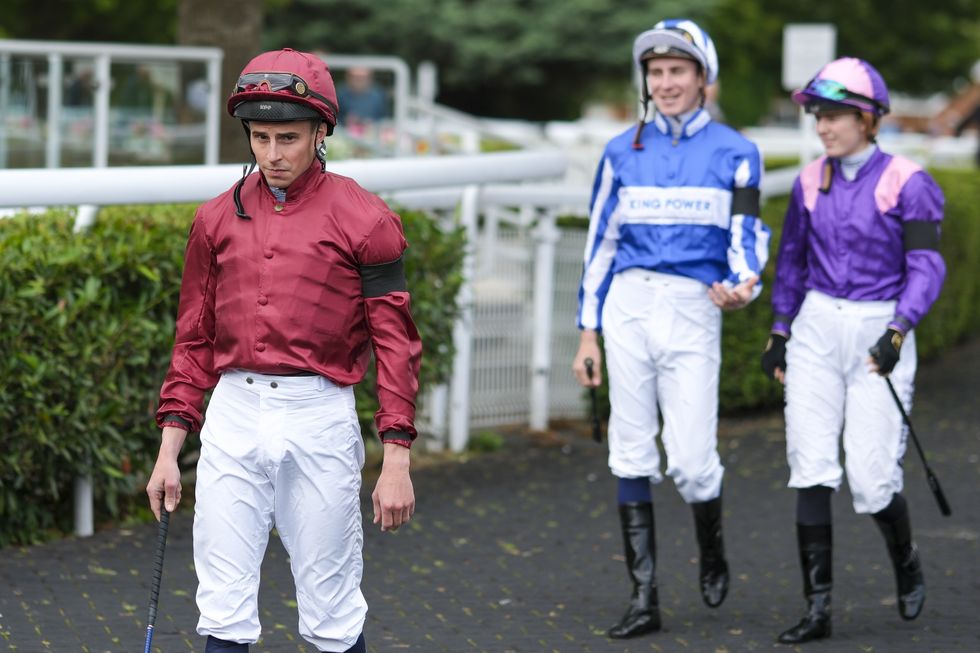
"Events like Royal Ascot, the Derby, and Glorious Goodwood aren’t just races, they’re crown jewels in our sporting and cultural calendar."
| GETTYA Treasury spokesperson said: “We are consulting on bringing the treatment of online betting in line with other forms of online gambling to cut down bureaucracy - it is not about increasing or decreasing rates, and we welcome views from all stakeholders including businesses, trade bodies, the third sector and individuals.”
The worst-case scenario paints a grim picture for British racing. External consultants' modelling shows that if tax rises to 40 per cent or 42 per cent, the sport faces a "vicious cycle of decline," according to Swift.
CEO of the Betting and Gaming Council Grainne Hurst, said: "The evidence is clear: increasing taxes on regulated operators will not deliver higher revenues—it will simply push customers towards the growing, unsafe, illegal online gambling black market, where there are no protections, no safeguards and no support for sport.
"Such a self-defeating move would undermine the government's own ambitions for economic growth and deal a devastating blow to sports like horse racing, which relies on betting revenue, and is already under significant financial pressure.
"The message from punters is clear: punitive taxes risk driving them away from the regulated sector altogether. Ministers must now listen carefully and reconsider a policy that could do real harm to both consumers and one of Britain's most loved sports.”
More From GB News


